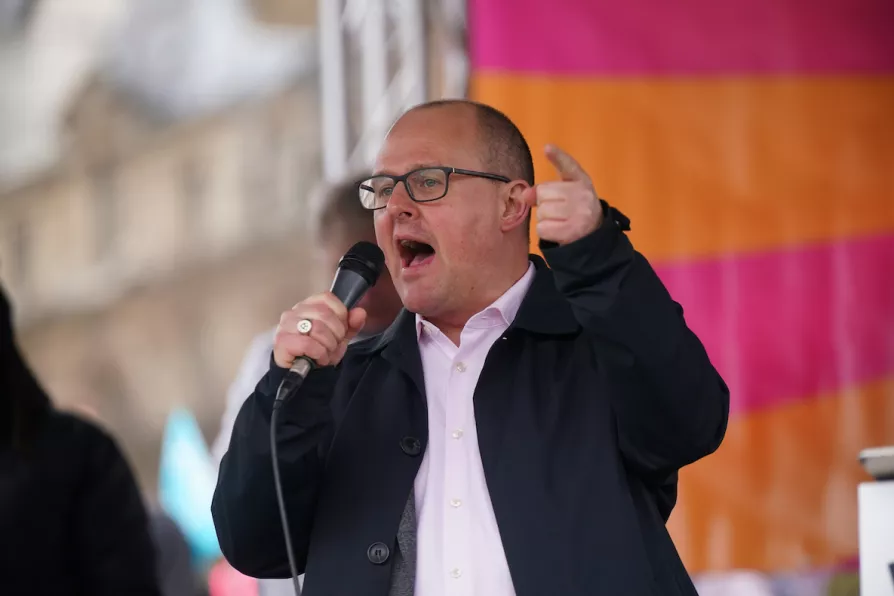This last year was a fight: the next year will be bigger
Opposing anti-strike laws, rebuilding public transport and fighting for better wages are on the agenda at the annual conference of Northern region TUC in Newcastle, writes TUC regional secretary LIZ BLACKSHAW

 PRIORITIES: TUC leader Paul Nowak will be among the speakers
PRIORITIES: TUC leader Paul Nowak will be among the speakers
AS dawn breaks over the Tyne, trade unionists from across the region are making their way to the Northern TUC’s annual delegate conference.
If there was ever a time to reflect on the year unions have had, it is here. A huge and warm welcome to all our delegates, supporters and leaders.
Here in the Northern region, our unions have lobbied the government, negotiated with agencies, employers and, most significantly, have faced attacks from the Tories just for asserting their fundamental, internationally protected, right to strike.
Similar stories

The regional conference of the TUC North East, Yorkshire and the Humber will be looking to set the agenda for a growing, diverse trade union movement, says JAY McKENNA

Delegates gathered to confront a broad range of issues from declining membership and a rising far-right threat to devolution and fighting union-busting giants like Amazon, reports GARETH LOWE

As trade unionists gather for their annual conference, battles against health service privatisation and exploitation of migrant workers highlight the urgent need to counter Reform’s divisive message, writes KERRY BAIGENT











